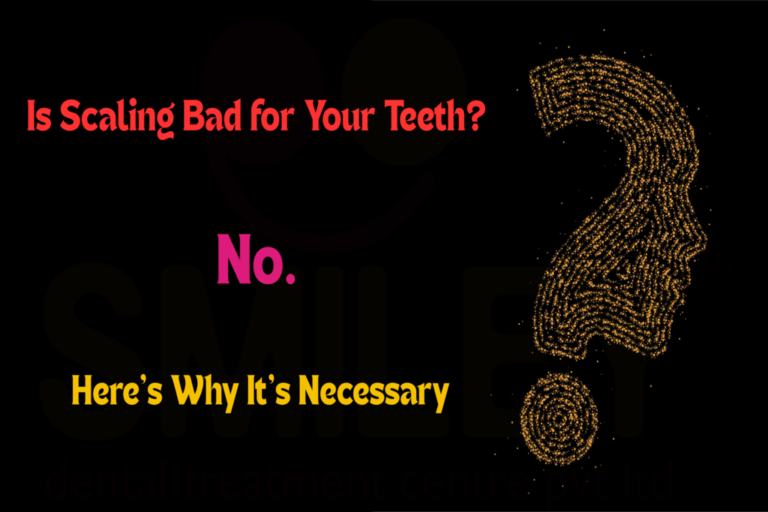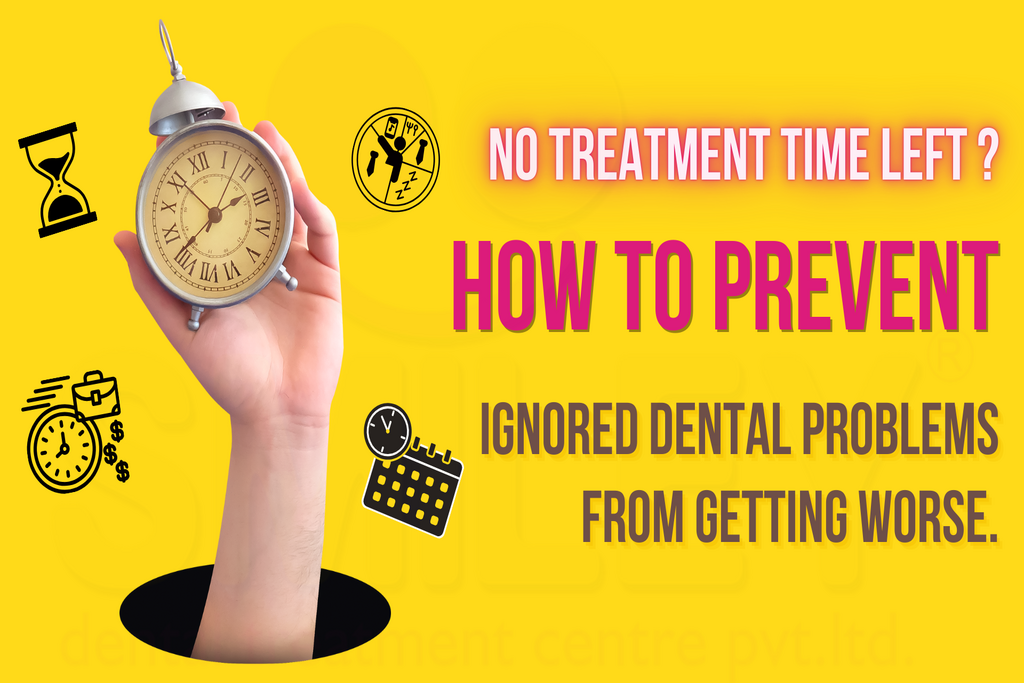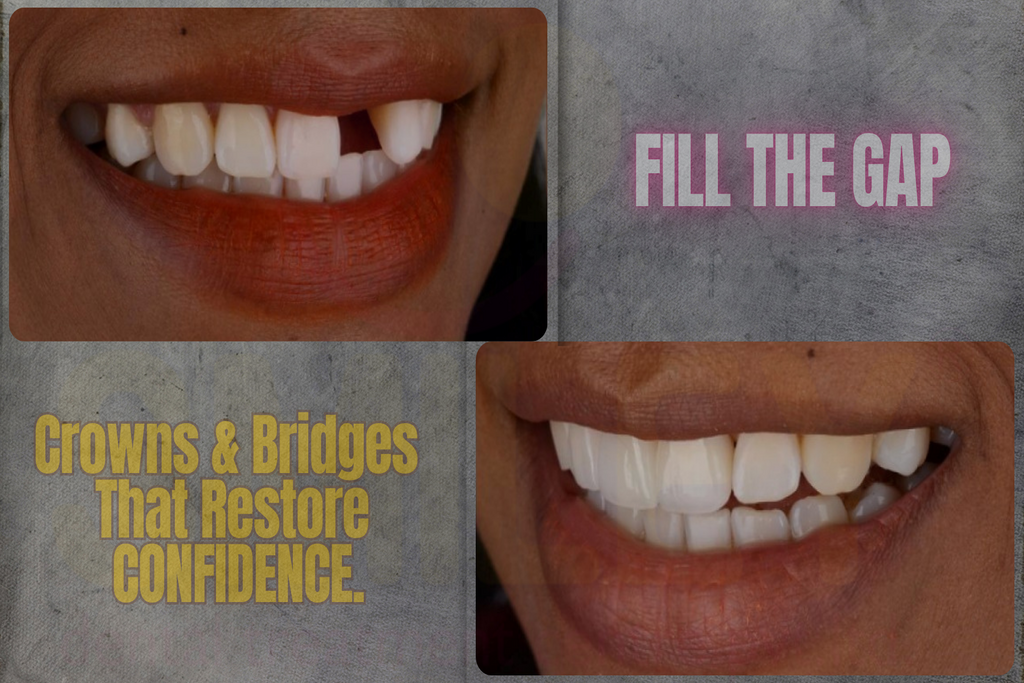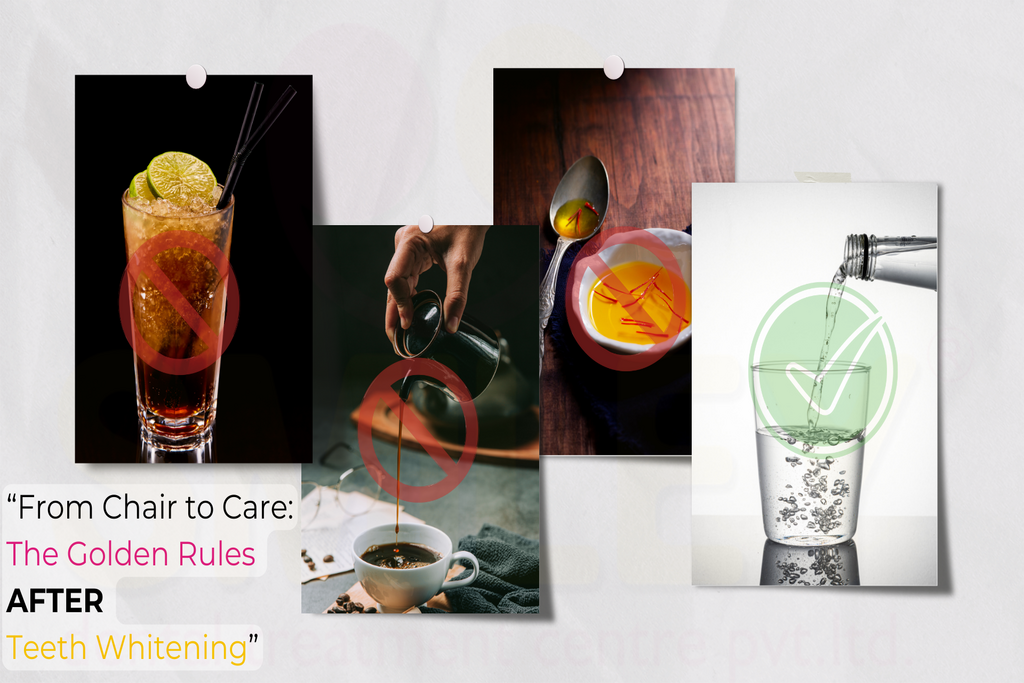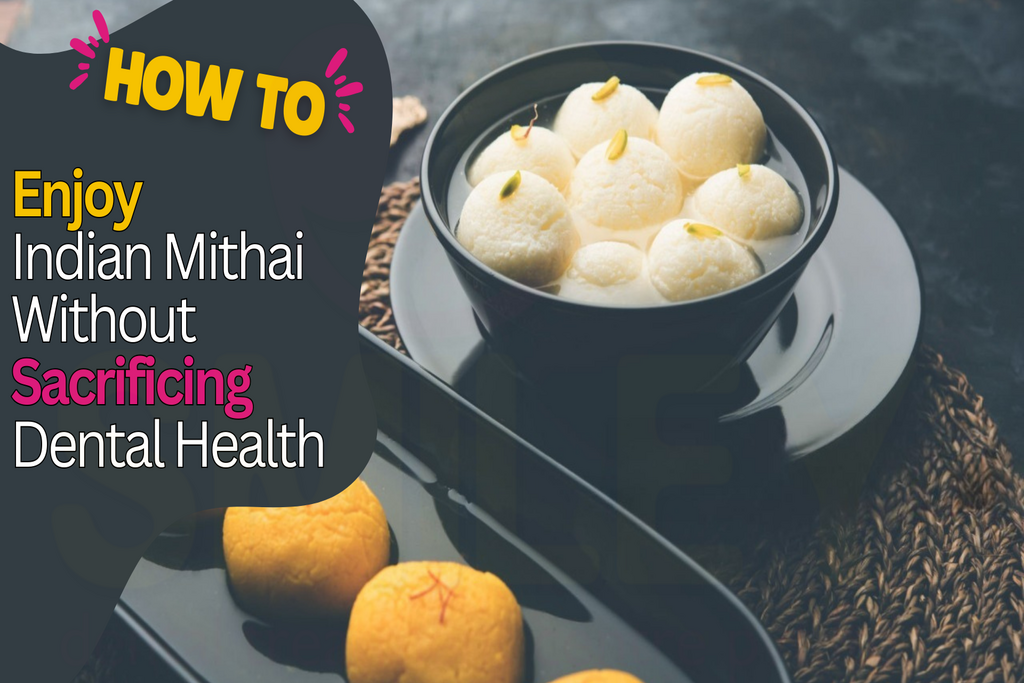Is Scaling Bad for Your Teeth? No, Here’s Why It’s Necessary
In India, the word “scaling” often triggers panic in patients. Many believe that it “loosens teeth” or “makes gums bleed more.” Unfortunately, these myths—often rooted in half-baked information from the internet or anecdotal hearsay—prevent people from seeking one of the most essential preventive treatments offered at any quality-conscious dental clinic.
Let’s break it down: scaling is a professional cleaning procedure performed by a dentist to remove plaque, tartar (calculus), and bacterial biofilm from your teeth and beneath the gum line. These deposits are the breeding ground for gum disease, bad breath, and even tooth loss.
Myths & Misinformation
In many Indian households, oral health is still reactive, not preventive. The myths around scaling have taken root due to:
- Misinterpretation of post-scaling sensitivity or bleeding.
- Cultural negligence where dental visits happen only after pain arises.
- Misinformation from unverified social media sources or “family advice.”
People are often told things like “Once you get scaling, you have to do it every year,” or “Scaling removes the enamel.” Such statements are both scientifically incorrect and harmful.
What This Leads To
The fear of scaling often causes people to ignore early gum disease (gingivitis or even periodontitis), which silently destroys the gum and bone support of your teeth. By the time they visit a dental clinic, they’re often told they need expensive procedures like deep cleaning, root planning, or even surgery.
Delayed care = complicated treatment = more cost.
The Truth About Scaling
- Scaling does NOT damage enamel. In fact, enamel is harder than the scaling instruments. It’s the tartar that causes damage if left unchecked.
- Gum bleeding after scaling is a sign of inflammation already present—not caused by the procedure.
- Tooth mobility after scaling often happens when tartar that was “gluing” the teeth together is removed. But this is temporary—and part of recovery.
Regular dental scaling twice a year is scientifically proven to prevent periodontal disease, reduce bad breath, and maintain heart and metabolic health as oral bacteria are linked with systemic diseases like diabetes and cardiovascular disorders.
Indian Context: Diet & Culture
Our rich Indian diet—full of starches, sticky sweets, and spices—adds to faster plaque buildup, especially when oral hygiene isn’t perfect. Cultural habits like chewing tobacco or betel nut (supari), or sipping sweetened tea multiple times a day, make us more prone to gum disease than many other populations.
So What Should You Do?
- Visit a dentist at least every 6 months.
- Get a professional evaluation and scaling if needed.
- Don’t trust “DIY” scaling videos or unverified advice from the internet.
- Understand that scaling is a preventive treatment, not a damage-causing one.
Instead of fearing the dental clinic, embrace it as a place of proactive care—especially if you’re a health-conscious professional, homemaker, or retiree who understands the value of prevention.
Edited by Dr Sourav Ghosh (MDS); Gold Medalist
Clinical Head & Principal Dentist at Smiley Dental Treatment Centre Pvt Ltd
Dr. Sourav Ghosh is a seasoned Conservative Dentist, Endodontist, and Cosmetic Dentist with 21+ years of clinical excellence. As the Clinical Head of a specialist-led dental team, he champions evidence-based, ethical, and precision-driven dentistry—bringing premium, personalized care to every patient.
References:-
- Chapple IL, Van der Weijden F, et al. Primary prevention of periodontitis: managing gingivitis. J Clin Periodontol. 2015;42(Suppl 16):S71–S76.
- Tonetti MS, et al. Impact of oral health on cardiovascular outcomes. J Clin Periodontol. 2011;38(8):702–712.
- Kalsi DS, et al. Scaling and root planing—clinical implications and misconceptions. Int J Contemp Med Res. 2017;4(7):1572–1575.
- Lang NP, et al. Mechanical plaque control in the prevention of periodontal disease. Periodontol 2000. 2008;48(1):28–44.






